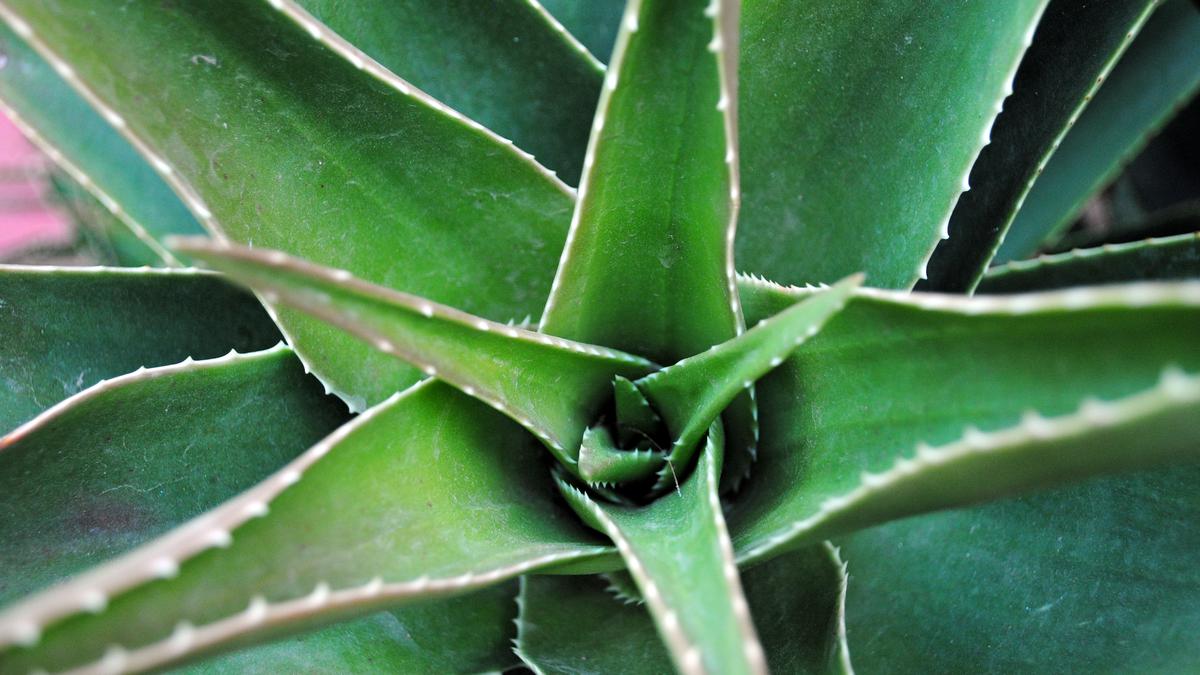For millions of women in India, accessing affordable and sustainable menstrual hygiene products remains a major challenge. Conventional sanitary napkins, often made from cotton and filled with chemical absorbents, can be expensive, environmentally damaging, and contribute to period stigma. But a new discovery from scientists at Stanford University offers a potentially revolutionary solution: a highly absorbent and retentive material made from sisal leaves.
Sisal, a hardy plant known for its tough fibres used in ropes and mats, thrives in dry and arid regions, making it ideal for cultivation across many parts of India. This water-efficient crop requires significantly less water compared to cotton, a major advantage in a country facing water scarcity. Moreover, sisal leaves can be readily processed into a soft, absorbent fluff pulp, surpassing the absorption capacity of even commercial sanitary napkins.
This innovative material carries promising implications for both environmental and social good. Replacing cotton and chemical absorbents with sisal reduces the environmental footprint of sanitary napkin production. Additionally, its affordability and local sourcing potential could provide economic opportunities for rural communities, especially women involved in sisal cultivation and processing.
However, significant hurdles remain before sisal-based napkins become widely available. Researchers are still refining the processing technique and investigating the cost-effectiveness of scaling up production. Additionally, social and cultural barriers must be addressed to break the taboo surrounding menstruation and promote the use of reusable or biodegradable sanitary products.
Despite these challenges, the potential of sisal leaves in addressing menstrual hygiene issues in India is undeniable. This sustainable and locally-sourced solution offers a glimmer of hope for millions of women seeking affordable, environmentally friendly, and culturally sensitive period care. The development of sisal-based napkins could not only empower women but also pave the way for a more sustainable future for menstrual hygiene across India.
